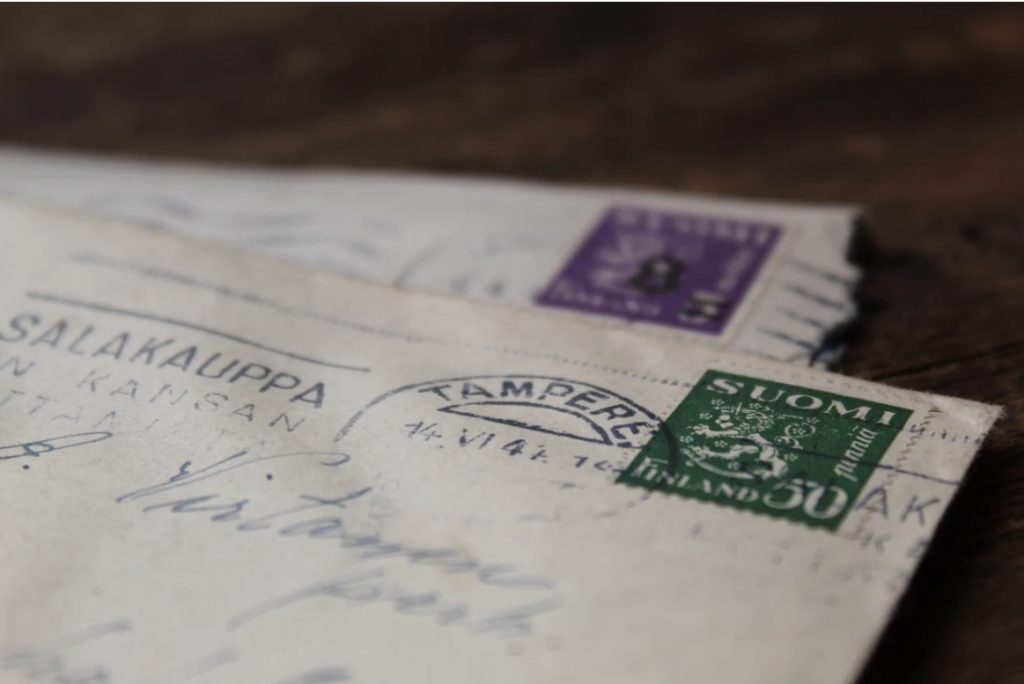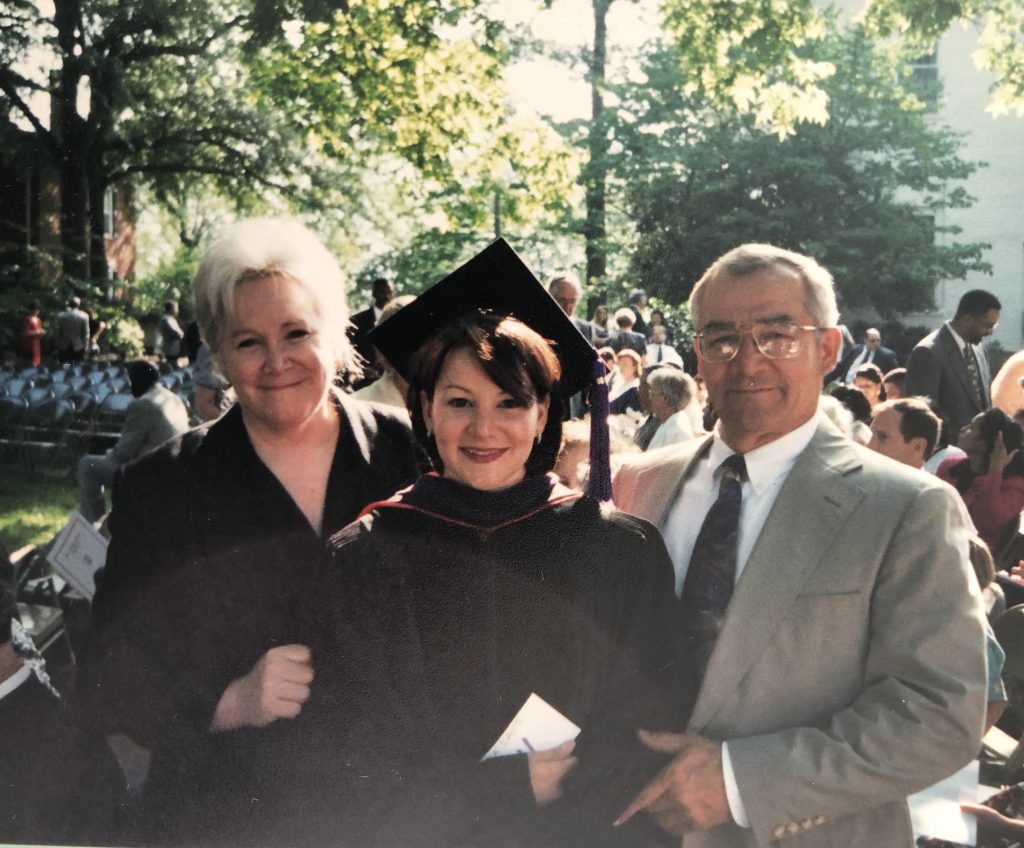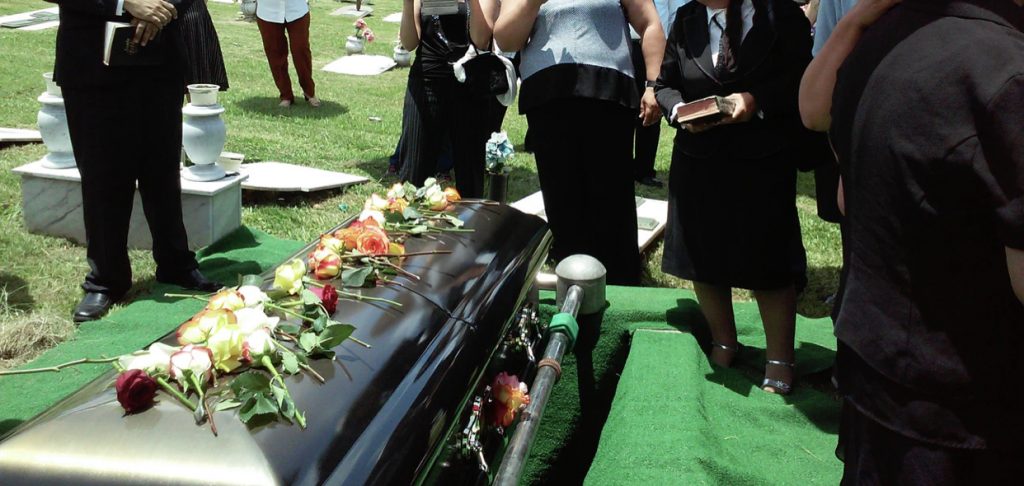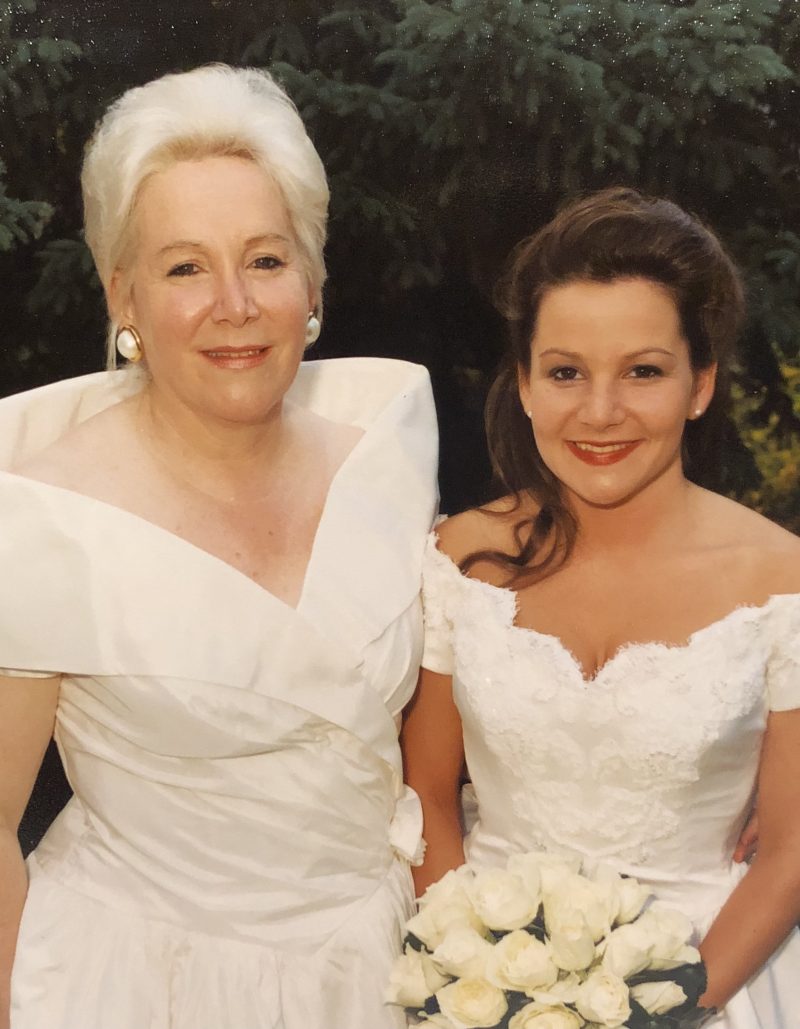A letter from my dead mom? That’s what I asked myself when I first flipped through the stack of mail I’d just pulled from the mailbox, finding the envelope.
Losing a Parent
Mom had been dead for more than two years. How was I just now receiving this? For a second, I thought the envelope might contain a letter, in my mom’s handwriting, in my mom’s words.
A last message to me.

Grief is unpredictable
But of course, it wasn’t a letter from my mom. No posthumous wisdom or assurance of love. It was simply an old preprinted label with my mother’s name and address. Turns out, my father decided to use it rather than letting it “go to waste.”
I was unreasonably furious with him. Yes, it was insensitive. But that’s not why I was mad. I was angry because of the little glimmer of hope I’d had. I’d wanted one more chance to communicate with Mom. And once it was gone, I was left suddenly bereft. On a pleasant Tuesday afternoon when I had been blissfully grief-free.
That’s the kind of thing that I didn’t fully understand about losing a parent. I didn’t know that I would be continually blindsided. That grief could be aroused in a millisecond by the most mundane of events, even in the midst of an otherwise happy state of being. Like driving past an ice cream shop and suddenly remembering her favorite flavor.

I didn’t know I’d feel such a array of emotions and that many of them weren’t pretty. Grief. Loss. Sadness. But also relief and anger, because her refusal to accept help (medical, psychological, financial) had been exhausting and destructive.
I didn’t know that after so long, I would still frequently forget she was gone. There were hundreds of times I’d start to call her to share some news or just check in.
What I learned from losing my mom
- Talk to a therapist if your emotions are in a jumble and you can’t untangle them on your own.
- Write it down. It really does help to just let the ink flow and put it all on paper. You can throw it away as soon as you are done, but somehow it seems like just the process helps sort things out.
- Reach out to others to let them know how you are feeling. Siblings, spouses and friends can be amazing support. Whether you are sharing memories or just being honest about your pain, it helps to admit your struggles. Keeping up a happy facade all the time doesn’t allow people who love you to help and doesn’t allow you to acknowledge your emotions.
- Be prepared to be surprised. Okay, this one is tricky. I thought I knew how my dad would react to my mom’s death. But I was wrong. I’m not saying his way is right or wrong, but my guess was way off. The same might not be true for you. But just in case, believe it when people tell you trite wisdom like “everyone responds to death differently.” They do. So don’t try to predict how your parent will react, and try not to judge it.

Written By Paula Davis.




